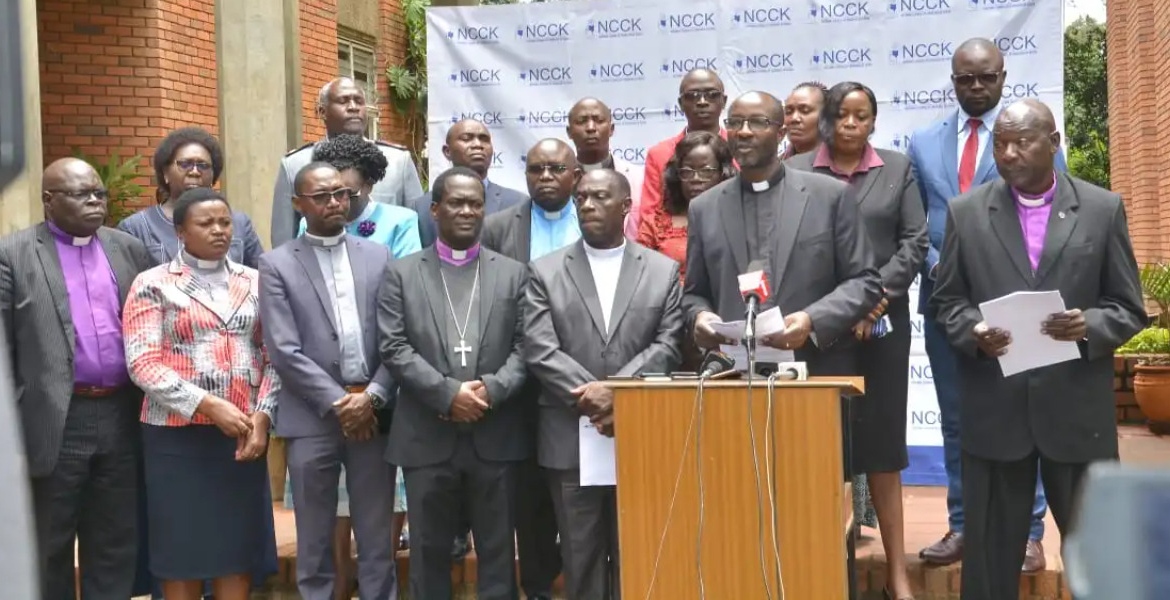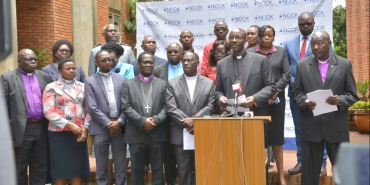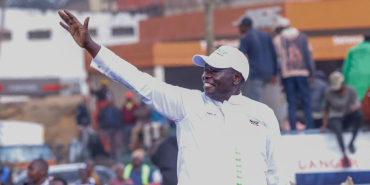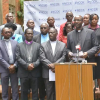Why the Church is Urging Gen Zs to Register as Voters

Kenyan church leaders have urged Generation Z to register as voters ahead of the 2027 General Election, calling on young people to engage more actively in the country’s political process.
The National Council of Churches of Kenya (NCCK) made the appeal during a youth advocacy and mediation forum held at the Full Gospel Church in Kilifi town. Addressing the gathering, NCCK Vice Chairman Reverend Canon Josephat Kalume said voter registration is essential for young people seeking to influence leadership and policy.
“The voice of young people will only count if they register as voters,” he said.
Reverend Kalume, who represented the Anglican Church of Kenya, also criticised the government over delays in key public services, including universal health care, free education, and the disbursement of school funds. He warned that delayed capitation was putting school administrators under severe pressure.
He added that the church had a responsibility to engage more meaningfully with Gen Z, whose recent activism on governance, accountability, and social justice had highlighted their role in shaping national discourse. NCCK Woman Representative Joyce Chigogo echoed the call for greater youth involvement, urging young Kenyans to resist political manipulation and instead pursue leadership grounded in constitutional awareness.
“Many youths are not registered voters, but I challenge them to register in masses if they really want to change this country,” she said.
Youth representatives at the forum shared mixed reactions. Lutein Kennedy Wambua from the Salvation Army Church welcomed the initiative, affirming that Gen Z is ready to demand better governance. He encouraged fellow youth to acquire national identity cards in preparation for the election.
However, others voiced disappointment over what they described as the church’s lack of support in the past. Gladys Maina, a youth from the Kenya Assembly of God in Maweni, said religious institutions had not done enough to help young people step into leadership.
“We want the church to listen to us, to have more dialogues with the youth, and to help stop the Gen Z protests,” she said.
Hosea Elijah, another youth participant, highlighted the role of technology in amplifying young people’s concerns. He said access to digital platforms had helped them stay informed and speak out when necessary.
“We have been discriminated against by the government, and technology has helped us access first-hand information. When we realise that something is not right, we will speak,” he said.
Reverend Benson Maingi of the Presbyterian Church of East Africa described Gen Z as a “prophetic voice” that both the church and the government had failed to acknowledge.








Add new comment